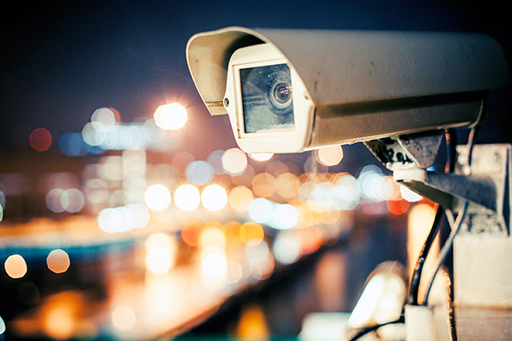2.2 The Regulation of Investigatory Powers Act 2000 (RIPA)
The Regulation of Investigatory Powers Act 2000, usually known as RIPA, governs the use of surveillance technologies by public bodies such as the police, the intelligence services and local authorities.
RIPA ensures intrusive powers are subject to strict safeguards. These covert surveillance powers include intercepting communications, using bugs, covert CCTV and undercover agents.
The use of RIPA is overseen by three commissioners: the Interception of Communications Commissioner, the Intelligence Services Commissioner and the Chief Surveillance Commissioner. The Investigatory Powers Tribunal, which comprises independent senior lawyers and members of the judiciary, can hear complaints relating to the exercise of powers under the Act.
RIPA allows certain public bodies to access communications records from communication providers, such as telephone companies and internet service providers, when necessary and proportionate to do so for a specific investigation. These records may include the names, addresses and telephone numbers of individuals, the time and duration of calls, the source and destination of emails and the location of mobile devices.
More intrusive techniques are subject to higher levels of authorisation. Another section of RIPA stipulates that the interception of the contents of communications (such as telephone calls and emails) must be authorised under a warrant issued by the Secretary of State.
In 2014 the UK enacted the Data Retention and Investigatory Powers Act, also known as DRIP, in response to a ruling by the European Court of Justice that existing EU Data Retention Directive was unlawful. DRIP extends the communications intercept powers of RIPA to non-UK communications companies, leading some to criticise it for extending the surveillance capabilities of the government. However, like RIPA, DRIP includes oversight by an independent board to ensure that its use does not erode civil liberties. Also, both RIPA and DRIP have ‘sunset’ clauses that means that parliament will have to debate and vote on them again in December 2016.
Next, you’ll find out about The Computer Misuse Act.

